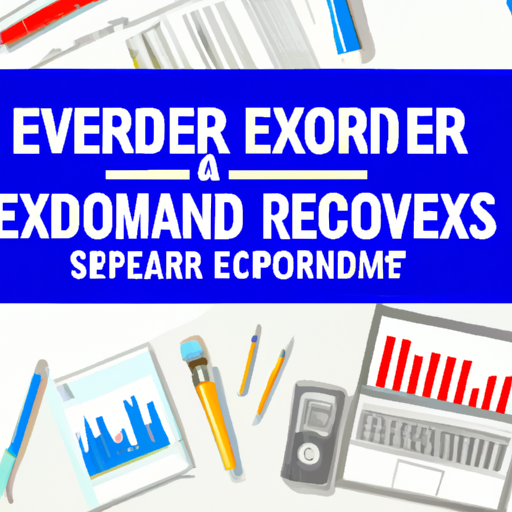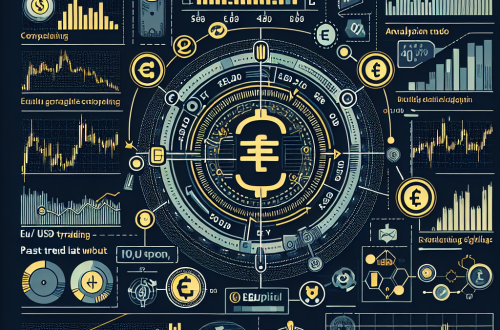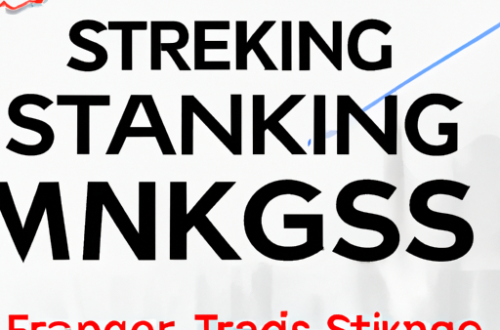Forex Spread vs Commission Review: Understanding Trading Costs
When trading in the forex market, understanding the true cost of your trades is essential for long-term success. Two key elements make up these costs: forex spreads and trading commissions. This detailed review will compare forex spread vs commission, explain their impact on your strategy, and help you make informed decisions about which is best for your trading style.
What is a Forex Spread?
The spread in forex trading is the difference between the bid price (what buyers are willing to pay) and the ask price (what sellers are asking for) of a currency pair. This difference represents the broker’s fee for executing a trade, especially for accounts that advertise “commission-free” trading. Spreads can be:
- Fixed Spreads: Remain constant regardless of market volatility.
- Variable (Floating) Spreads: Change depending on market conditions and liquidity.
For example, if the EUR/USD has a bid price of 1.1000 and an ask price of 1.1002, the spread is 2 pips. The tighter the spread, the lower your trading costs.
Pros and Cons of Spread-Only Accounts
- Pros: Simplicity, easy cost calculation, suitable for beginners.
- Cons: May widen during news events, higher spreads on exotic pairs.
What is a Commission in Forex Trading?
A commission is a separate, fixed fee charged by some brokers for opening and closing trades, often seen in ECN or STP accounts. These accounts usually offer raw or very tight spreads, but add a commission per lot traded. For example, a broker might charge $7 per round turn for every 1 standard lot traded.
Pros and Cons of Commission-Based Accounts
- Pros: Lower spreads, more transparency, ideal for strategies needing tight spreads (like scalping).
- Cons: Extra cost per trade, can be confusing for new traders.
Forex Spread vs Commission: Key Differences
| Aspect | Spread-Only Account | Commission-Based Account |
|---|---|---|
| Trading Cost | Built into the spread | Low spread + fixed commission |
| Transparency | Less detailed | Clear separation of costs |
| Best For | Beginners, low-frequency traders | Scalpers, high-frequency traders |
| Spread Width | Generally wider | Very tight (raw market spreads) |
| Reaction to News | Spreads can widen greatly | Spread may widen, but commission remains fixed |
How to Choose: Spread vs Commission
Your ideal account type depends on your trading strategy and goals. Consider the following:
- If you trade frequently (scalping, day trading), commission accounts with tighter spreads often result in lower overall costs.
- If you make occasional trades or prefer simplicity, a spread-only account can be easier to manage.
- Always calculate the total cost per trade, not just the spread or commission in isolation.
Example Cost Calculation
Imagine you trade 1 lot of EUR/USD:
- Spread-only account: Spread is 2 pips = $20 cost (1 pip = $10 per lot).
- Commission account: Spread is 0.2 pips ($2) + $7 commission = $9 total cost.
In this case, the commission account is much cheaper, especially for high-volume traders.
Parsed LSI Keywords for Forex Spread vs Commission
- forex broker fees
- trading costs comparison
- ECN vs standard account
- spread-based pricing
- commission-based pricing
- raw spreads
- scalping strategies
- pip cost calculation
- market execution
- forex account types
- zero spread accounts
Conclusion: Which Is Better?
There is no universal answer to the forex spread vs commission debate. The right choice depends on your trading style, volume, and need for cost transparency. Scalpers and professionals often prefer commission accounts for their lowest possible spreads, while beginners might appreciate the predictability and simplicity of spread-only pricing. Always compare the effective trading costs and test with demo accounts before committing real capital.
Key Takeaways:
- Spreads and commissions are both ways brokers make money on forex trades.
- Commission accounts usually offer tighter spreads, which can lower costs for active traders.
- Always factor in both spread and commission when calculating the true cost of trading.
- Choose your account based on your strategy, frequency, and need for transparency.





